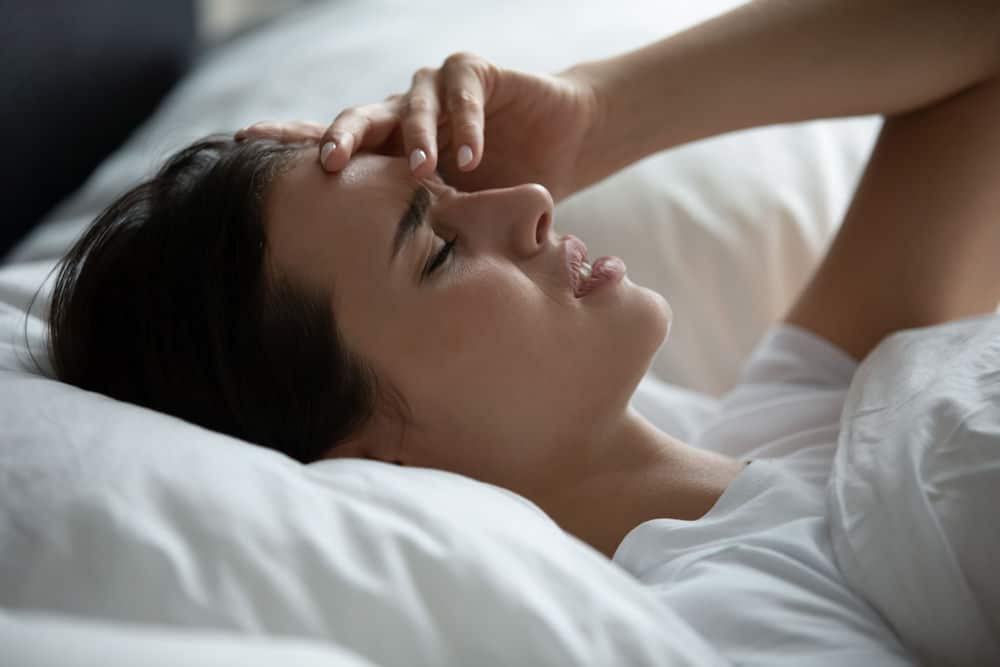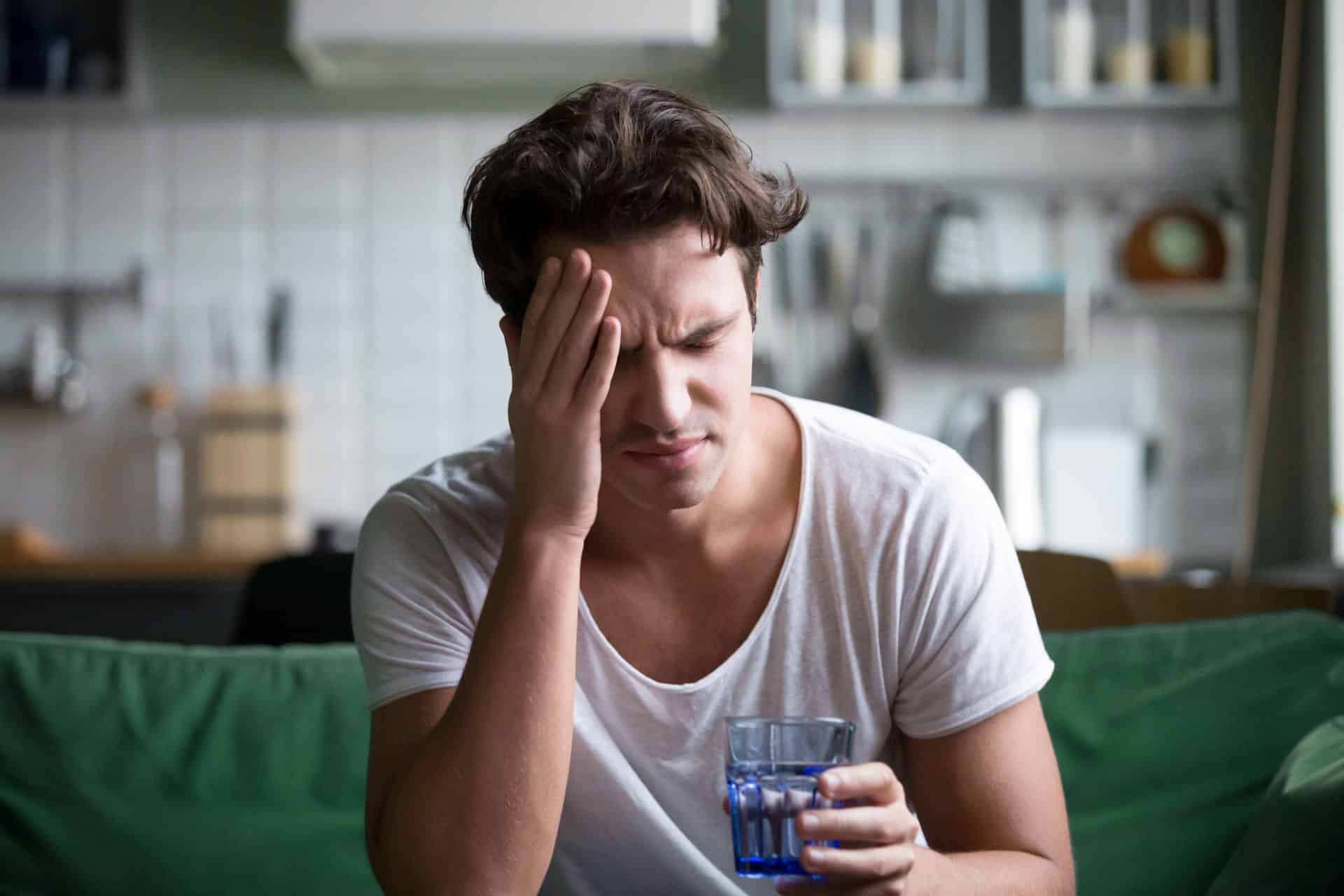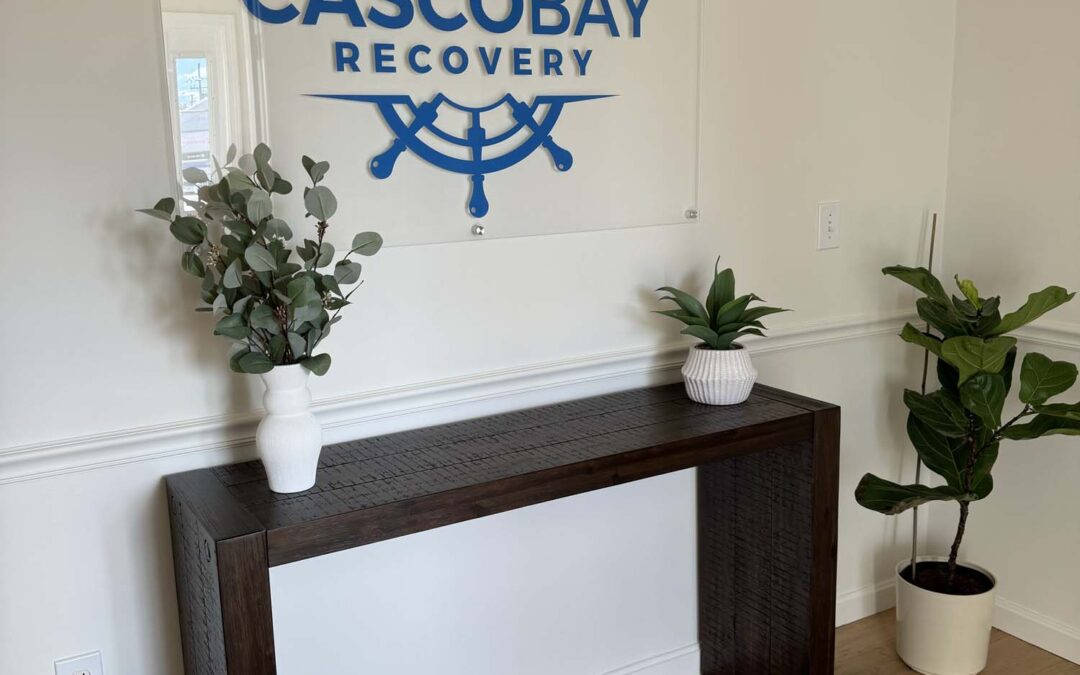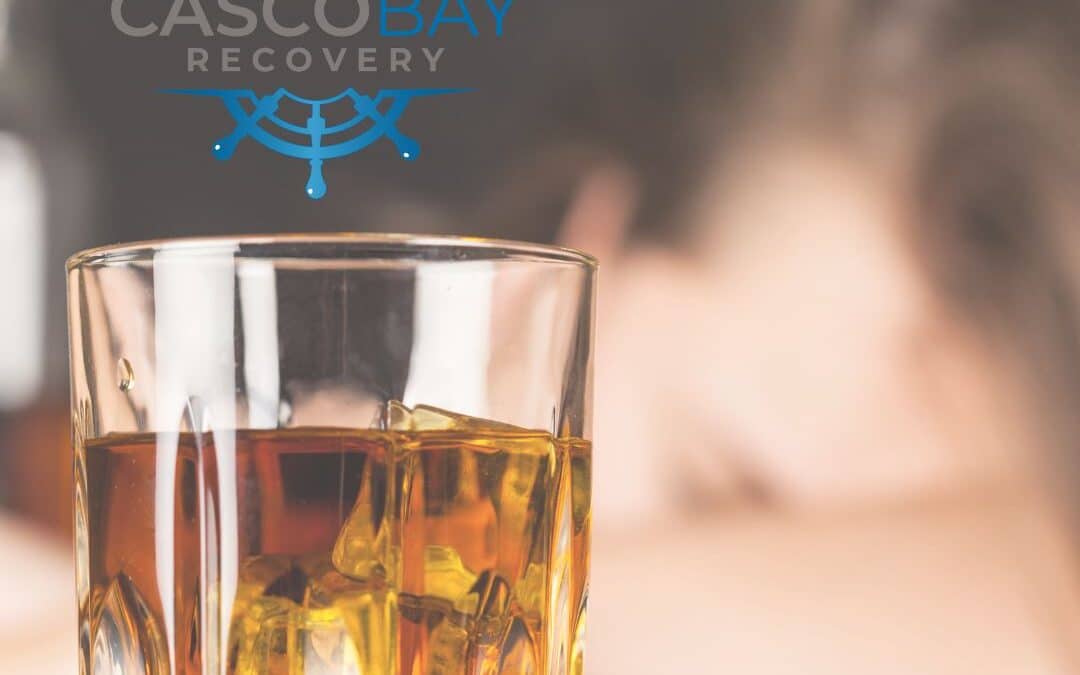Those looking to recover from an alcohol use disorder (AUD) must first undergo a detox phase. Prolonged and heavy drinking can lead to these withdrawal symptoms becoming severe and potentially life-threatening, as in the case of delirium tremens (DTs).
Many people do not realize that alcohol is classified as a drug. Alcohol is a depressant that your body and mind can become dependent on as a crutch over months and years of serious drinking. There are certain chemicals in your brain that are also present in alcohol, and your brain can stop producing these chemicals since they receive a steady supply from your drinking. This makes it very hard for your body to readjust and leads to such withdrawal symptoms as headache, fever, nausea, irregular heartbeat, and hallucinations.
The withdrawal symptoms experienced through alcohol detox in Portland, Maine, and treatment make many people apprehensive about beginning the journey to a sober life. The symptoms affect everyone differently, and where some people only feel the milder effects of withdrawal, others will experience painful symptoms that require medical intervention and supervision.
No matter which level of alcohol dependency and addiction you may be at, it is never too early or too hard to reach out for help. Professional supervision during your detox can help you from being alone and possibly dying from any complications that may crop up.
Alcohol Detox Timeline
Alcohol withdrawal symptoms can manifest as early as two hours after your last drink. The most painful and taxing symptoms normally subside within the first week, but some of the milder symptoms can last from several weeks to a year. There is no exact timeline as to when or what withdrawal symptoms you will experience since alcohol and withdrawal affect everyone differently; however, the general breakdown of the alcohol detox process is:
1. The First Six to Twelve Hours
Initial withdrawal symptoms of alcohol detox are mild but are known to quickly worsen with the progression of time. A few early withdrawal symptoms include irritability, headaches, anxiety, shaking, and nausea.
2. Day One
Symptoms may become increasingly severe as they approach the end of the first 24 hours of detox. Combined with the effects felt from the first 12 hours can be additional symptoms such as disorientation, hand tremors, and seizures. The picture only gets more grim.
3. Day Two
The most painful of the withdrawal symptoms will continue into the second day, and you can now add hallucinations and panic attacks to the mix as your body fights to dump the residual alcohol in your system.
4. Days Three To Seven
Various withdrawal symptoms will wax and wane during the remainder of your first week of detox. This period is also where you’re most at risk for life-threatening symptoms such as delirium tremens.
5. After One Week
By the conclusion of your first week of detox, many symptoms of withdrawal will begin to ease off. A few symptoms may persist for several weeks, but most of them will be minor and easily treatable with medication.
Some people experience post-acute withdrawal syndrome (PAWS), even after severe withdrawal symptoms have reduced.
What are Alcohol Withdrawal Treatment Medications?

Severe cases of alcohol withdrawal symptoms, when treated in an inpatient rehab facility, can call for different medications to help reduce debilitating withdrawal symptoms. During rehab, a medical professional will administer the medication while monitoring its effects. This makes it easier to manage a patient’s health and quickly administer counter-effects should the medications take an unwanted turn.
A few commonly administered medications during the detox phase are:
Benzodiazepines
Benzodiazepines (benzos) are the most frequent medication used to mitigate the symptoms of withdrawal during the alcohol detox phase. Benzos work by calming the central nervous system (CNS) and may also be prescribed to treat muscle spasms, insomnia, and anxiety. Benzos come in two forms: short-acting and long-acting.
Long-acting benzos are typically administered as needed or for three days. Chlordiazepoxide (Librium) and diazepam (Valium) are the two types of benzos most often prescribed.
Naltrexone
Naltrexone works at reducing cravings for alcohol during the detox stage. When a substance abuse relapse occurs, naltrexone prevents the “high” feeling from alcohol from kicking in and sending you to blissful lands. Because naltrexone can stimulate withdrawal symptoms, it is recommended a patient wait up to seven days before taking it. Naltrexone comes in two forms: injectable and tablet. Naltrexone in pill form is known as ReVia and Depade, while Vivitrol is the brand name of its injectable form.
Acamprosate (Campral)
Years of drinking heavily can have a profound effect on how the brain appears and functions. Acamprosate (Campral) is a prescription medication that helps your brain resume normal functioning after you quit drinking. Research studies have begun looking into acamprosate’s ability to reduce symptoms of PAWS including insomnia, anxiety, and restlessness. Acamprosate is also effective at reducing cravings for alcohol.
Disulfiram
Another well-known prescription medication used in alcoholism treatment in Portland, Maine is disulfiram. Disulfiram, unlike other medications, works by inducing severe reactions if alcohol is consumed. For example, if you drink while on disulfiram, you will experience low blood pressure, facial flushing, headache, nausea, and weakness. These negative effects are meant to be a deterrent against drinking. Disulfiram does not reduce your cravings for alcohol or restore brain functions as other medications do.
Medications Used in Alcohol Addiction Treatment
Medications are introduced to addiction treatment programs in Portland, Maine when a person has a severe or chronic problem with alcohol use and needs medical assistance to stop or reduce their drinking. Medications help with the physical and psychological aspects of alcohol addiction, such as withdrawal symptoms, cravings, mood regulation, and behavior.
Acute Alcohol Withdrawal Symptoms
Alcohol withdrawal symptoms can run the gamut from mild to physically dangerous. Mild symptoms usually show up within 8 hours of the last drink, and depending on the extent of physical dependence, additional symptoms may continue to arise 24 hours past the last drink. Potentially severe effects normally emerge from 2 to 4 days after beginning abstinence.
A few acute symptoms of alcohol withdrawal may include:
- Insomnia.
- Irritability.
- Anxiety.
- Agitation.
- Mood swings.
- Depression.
- Fatigue.
- Nausea or vomiting.
- Sweating.
- Increased heart rate.
- High blood pressure.
- The “shakes”.
- Seizures (rarer cases of severe alcohol withdrawal are associated with a life-threatening syndrome known as delirium tremens, or DTs).
Dangers of Delirium Tremens (DTs): How Can Alcoholism Treatment Medications Help?
Certain instances of extreme alcohol dependence and the severe accompanying withdrawal can cause a person to develop a neurological syndrome called delirium tremens (DTs) which is characterized by autonomic nervous system excitation and significant changes in their mental state.
DTs, though relatively rare, are typically seen in people who have abused alcohol for more than 10 years, who have a history of alcohol withdrawal, or who drink daily for months on end.
Is Delirium Tremens the “Shakes’?
No, ‘autonomic nervous system excitation’ is not the same as the shakes. The shakes (tremors) are one of the well-known symptoms of alcohol withdrawal which are an uncontrollable shaking of the body’s extremities.
What Are the Symptoms of Delirium Tremens?

DTs typically only show in approximately 5% of patients experiencing withdrawal, and the symptoms may include:
- Hallucinations
- Agitation
- Severe confusion or disorientation
- Anxiety
- Seizures
How Can Medication Help Reduce the Severity of DTs?
Alcoholism treatment medications help with delirium tremens (DTs) by reducing the severity and duration of the symptoms and preventing the complications of alcohol withdrawal.
Benzodiazepines are the main medications used to treat DTs. FDA-approved benzodiazepines for acute alcohol withdrawal syndrome are chlordiazepoxide, diazepam, oxazepam, and clorazepate.
Some other medications used in certain cases include anticonvulsants, barbiturates, beta-blockers, antipsychotics, and neuro-modulators, though, they are usually used in addition to benzodiazepines rather than in place of them.
Casco Bay Can Assist With Alcohol Withdrawal
Alcoholism is a serious and potentially life-threatening addiction that can be difficult to overcome. Left untreated, a heavy drinker can suffer from alcohol poisoning or expire from hypothermia in colder regions. Alcohol detox and withdrawal, as we have seen, is a dangerous time and should be undertaken under the strict observance of a medical professional.
Alcoholism does not have to be a death sentence, and there are many programs and services available to help you or your loved one overcome its clutches. Never be afraid to reach out for help or ask for assistance, as it could mean a world of difference in your mental and physical health.
Casco Bay Recovery has you covered. Our facility with its extensive roster of competent staff has decades upon decades worth of experience with helping people overcome alcohol use disorder as well as other substance and mental health disorders in Portland, Maine. Let us be your first and last stop along the road to recovery and a healthy life.
Contact us today to speak with our admissions team about enrollment, and payment options, or to speak with one of our medical professionals about your particular needs and requirements.
References
https://www.samhsa.gov/resource/ebp/medication-treatment-alcohol-use-disorder-brief-guide
https://www.samhsa.gov/medications-substance-use-disorders
https://nida.nih.gov/publications/drugs-brains-behavior-science-addiction/treatment-recovery









